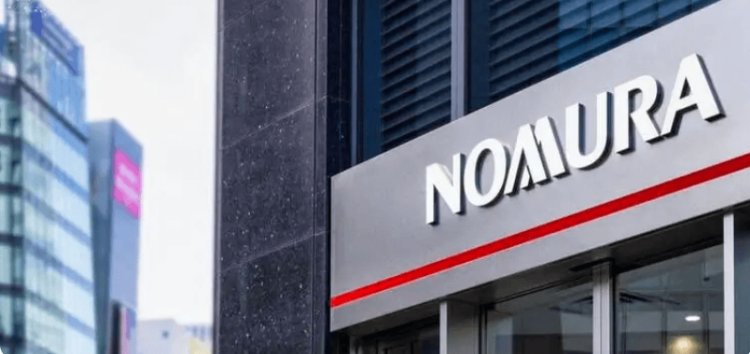More Than Half of Japanese Institutional Investors Intend to Allocate Funds to Crypto: Nomura Survey
On Monday, Japan’s largest investment bank, Nomura Holdings, along with its crypto subsidiary Laser Digital, released findings from a crypto survey.

Japan’s largest investment bank, Nomura Holdings, and its crypto subsidiary Laser Digital, released findings from a recent crypto survey on Monday. The survey, which included over 500 investment managers in Japan, revealed that 54% intend to invest in crypto assets over the next three years.
Nomura noted that more than half of the respondents are motivated to some extent to invest in digital assets in the future. Those considering crypto investments pointed to factors driving the development of cryptocurrencies, such as the launch of products like exchange-traded funds (ETFs), investment trusts, staking, and lending.
On the other hand, institutions currently not considering crypto investments cited barriers such as counterparty risks, high volatility, and regulatory requirements.
Additionally, 25% of respondents have a positive impression of the asset class, and 62% view cryptos as an opportunity for investment diversification.
The survey indicated that when investing in crypto assets, the preferred allocation is between 2% and 5% of assets under management (AUM). Respondents also showed interest in investing in Web3 projects, either directly or through venture capital (VC) funds.
Japan Inches Closer to Streamlined Crypto Policy
Japan is rapidly advancing an economic reform bill with significant implications for the crypto industry. Earlier this year, the government proposed legislation allowing venture capital firms and other investment funds to hold digital assets directly.
Incorporating digital assets into the legal framework not only legitimizes their use in institutional investments but also positions Japan as a globally crypto-friendly jurisdiction.
Independent finance news outlet FinanceFeeds reported in February that Japan is a global leader in compliant crypto payments. Additionally, in March, Japan’s $1.5 trillion pension fund was exploring the potential addition of Bitcoin to its investment portfolio.
Japan has also implemented stringent regulations for stablecoins, allowing only banks, money transmission services, and trust firms to issue them. Furthermore, all reserves backing stablecoins must be held in Japanese trust and invested only in domestic bank accounts.








